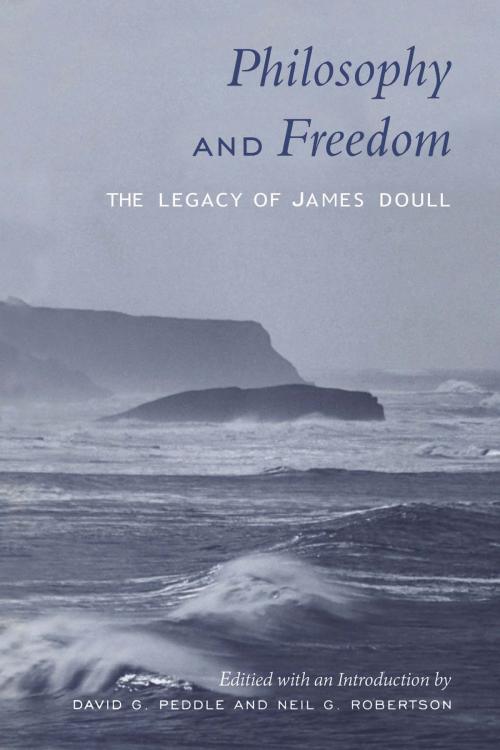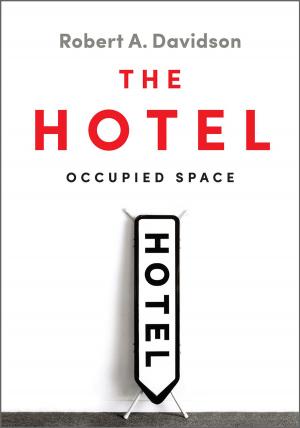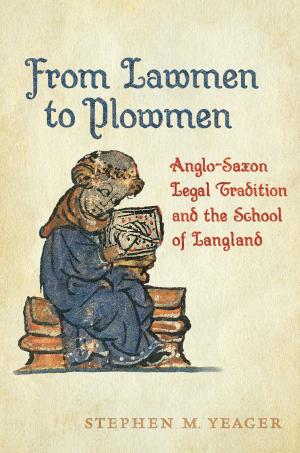Philosophy and Freedom
The Legacy of James Doull
Nonfiction, Religion & Spirituality, Philosophy, Modern, Political| Author: | ISBN: | 9781442639829 | |
| Publisher: | University of Toronto Press, Scholarly Publishing Division | Publication: | June 30, 2003 |
| Imprint: | Language: | English |
| Author: | |
| ISBN: | 9781442639829 |
| Publisher: | University of Toronto Press, Scholarly Publishing Division |
| Publication: | June 30, 2003 |
| Imprint: | |
| Language: | English |
James Doull's remarkable legacy as a teacher, scholar, and thinker has left behind a profound and challenging examination of the philosophical and historical roots of contemporary thought and politics. His life's work was devoted to a reflection on freedom in its philosophical and historical context and, more specifically, to looking beneath the commonly accepted forms of North American and Continental thought and discovering a deeper theoretical and practical development. David Peddle and Neil Robertson have collected Doull's essays on the history of western thought and freedom, from the Ancient period to the Post-Modern era, and have provided an introduction that places them in the context of Doull's overall project.
Commentaries on his intricate works by twelve former colleagues and students explore various aspects of Doull's history and place it within the context of contemporary scholarship, allowing the reader to judge the depth and rigour of Doull's writing. Together, the texts and commentaries provide a long-overdue introduction to and analysis of Doull's thought, offering further insight into a longstanding and significant dialogue in Canadian philosophy and classical studies, and bringing out a penetrating analysis of the philosophical underpinnings of the contemporary world.
James Doull's remarkable legacy as a teacher, scholar, and thinker has left behind a profound and challenging examination of the philosophical and historical roots of contemporary thought and politics. His life's work was devoted to a reflection on freedom in its philosophical and historical context and, more specifically, to looking beneath the commonly accepted forms of North American and Continental thought and discovering a deeper theoretical and practical development. David Peddle and Neil Robertson have collected Doull's essays on the history of western thought and freedom, from the Ancient period to the Post-Modern era, and have provided an introduction that places them in the context of Doull's overall project.
Commentaries on his intricate works by twelve former colleagues and students explore various aspects of Doull's history and place it within the context of contemporary scholarship, allowing the reader to judge the depth and rigour of Doull's writing. Together, the texts and commentaries provide a long-overdue introduction to and analysis of Doull's thought, offering further insight into a longstanding and significant dialogue in Canadian philosophy and classical studies, and bringing out a penetrating analysis of the philosophical underpinnings of the contemporary world.















